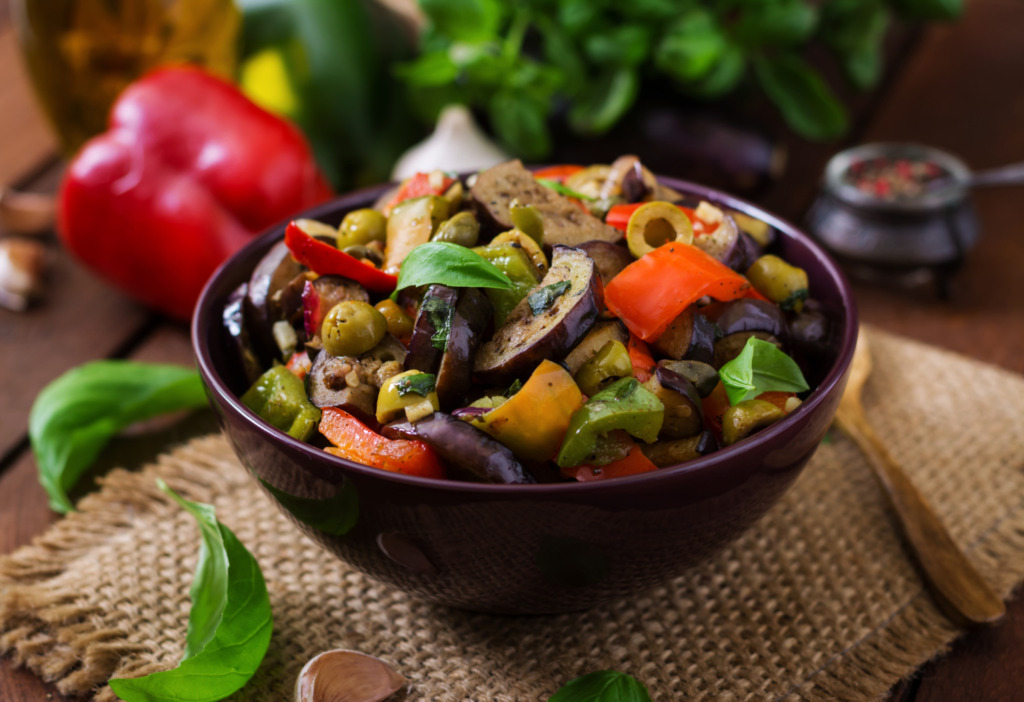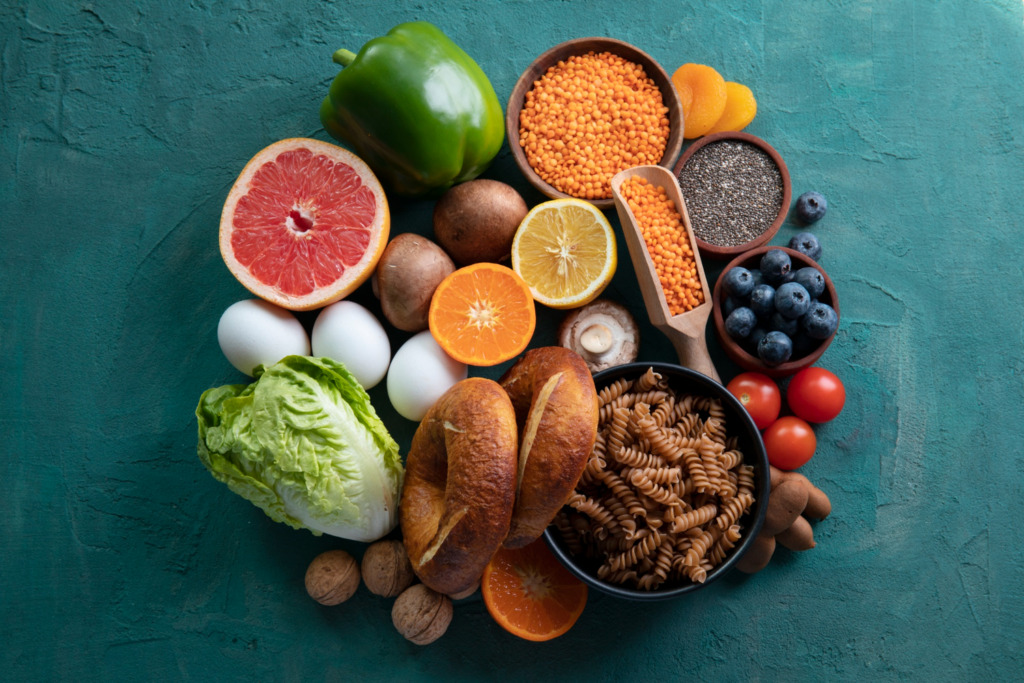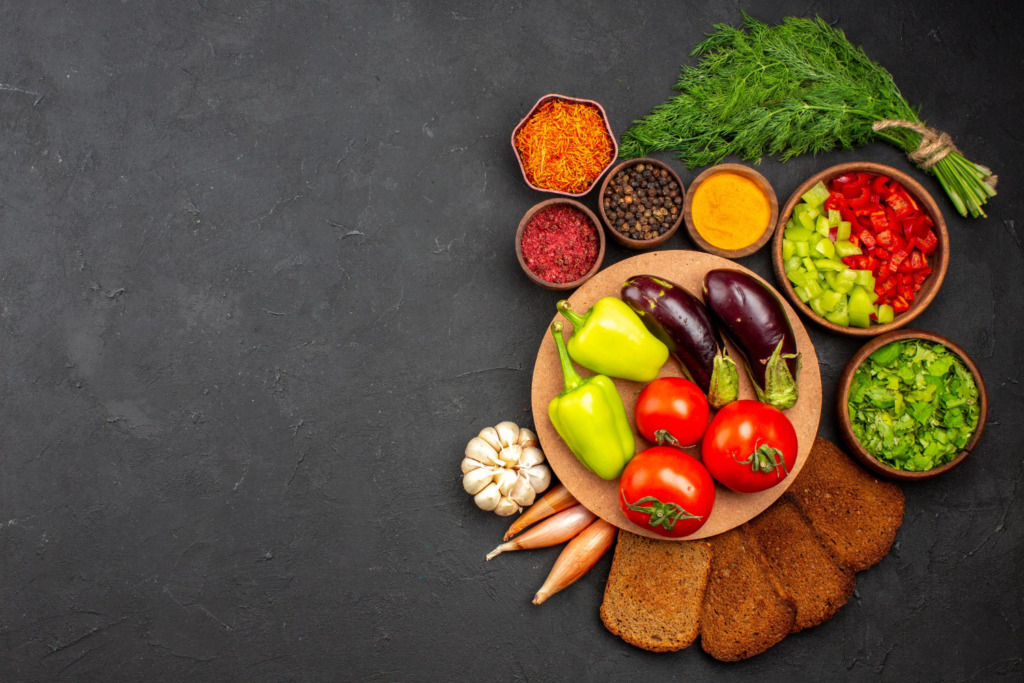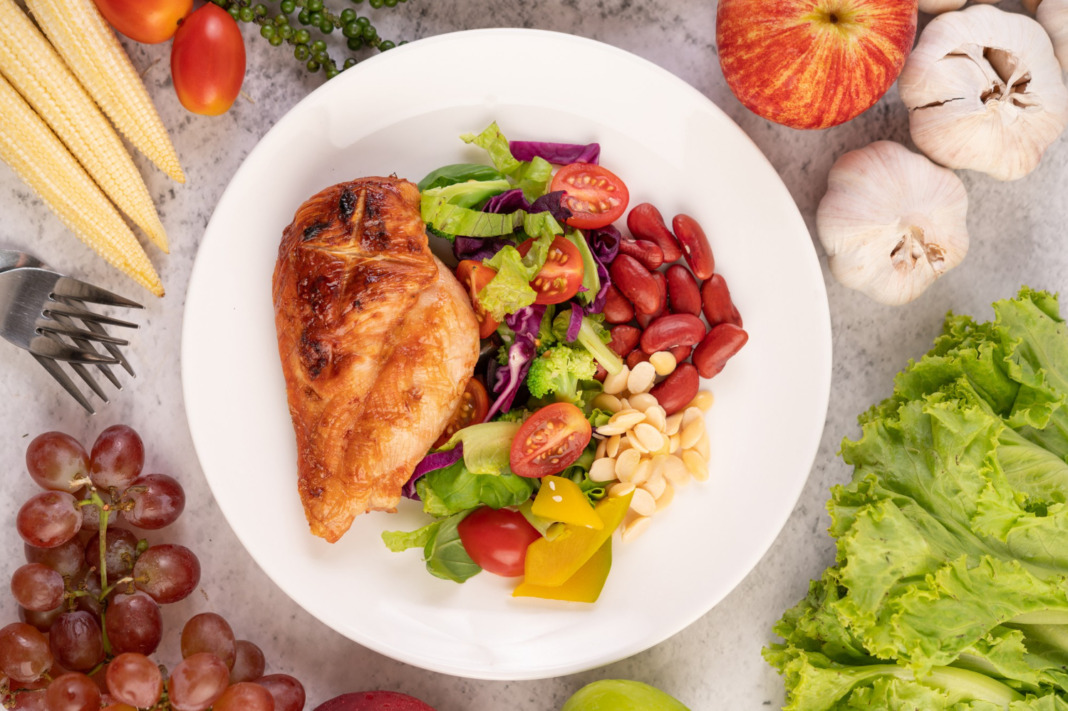Although the importance of liver health is sometimes overlooked, it is an essential organ that is essential to maintaining general health. Promoting the liver’s optimum function requires an understanding of how nutrition affects liver health.
General health depends on the state of the liver. Metabolic abnormalities and liver disease can result from an unhealthy liver. While it might not be possible to control every risk factor, eating and drinking particular foods and beverages can support liver health.
The best food for liver health will be discussed in this article, along with some foods to stay away from and their positive effects on the liver.

Understanding Liver Health
Importance Of Liver Health
The body’s powerhouse, the liver helps with metabolism, detoxification, and nutrient storage. The correct operation of numerous body functions is ensured by a healthy liver, which promotes general health. The liver is in charge of several bodily functions, including the synthesis of proteins, cholesterol, and bile as well as the storage of vitamins, minerals, and even carbohydrates.
Toxins such as alcohol, drugs, and metabolic byproducts are also broken down by it. It’s critical to maintain liver health in order to stay healthy.
Factors Affecting Liver Health
Liver health is influenced by various factors such as genetic predispositions, lifestyle choices, diet, and environmental toxins. Dietary practices can have a big impact on liver function, even though some factors are out of our control.
Role Of Diet In Liver Health
The significance of diet in liver health cannot be overstated. Not only can a balanced diet quench hunger, but it also gives the liver the vital nutrients it requires to function at its best and maintain health. A diet high in certain nutrients directly supports the preservation of liver function and serves as a safeguard against a number of liver diseases.
The liver can be compared to the body’s multipurpose superhero. It performs a number of vital tasks, including storing vital vitamins and minerals and aiding in the body’s detoxification and nutrient metabolism. As such, the food we eat has a significant effect on its functionality. Prioritizing a nutrient-rich diet is like providing the liver with the resources it needs to carry out its many functions effectively.
Best Food For Liver Health
List Of Specific Foods
- Green Leafy Vegetables:
Broccoli, kale, and spinach are examples of green leafy vegetables that are incredibly powerful in supporting liver health. These vegetables are loaded with health-promoting nutrients, including a good amount of chlorophyll and antioxidants, both of which are essential for nourishing and supporting the liver.
These leafy greens are full of antioxidants, which act as superheroes in the body to fight off free radicals. They put forth endless effort to counteract these dangerous substances, lessening the oxidative stress that the liver cells experience. By doing this, antioxidants protect the liver from potential harm and promote its general health while also helping to maintain the liver’s integrity and functionality.
In addition to being nutrient-dense, these leafy green vegetables also include fiber, vitamins, and minerals that support general health. Together with important minerals like calcium and iron, they are high in vitamins A, C, and K. This nutrient density helps with many body functions and strengthens the immune system in addition to supporting liver health.
- Avocado
The superfood of the modern world is the avocado. It has a good variety of vitamins and minerals that help to maintain the liver’s general health. Glutathione, a special kind of antioxidant found in it, aids in the removal of dangerous toxins from your body.
- Oatmeal
Consuming a high-fiber diet can support optimal liver function. According to research, it can help you lose excess weight and belly fat, which can help prevent liver disease.
Oatmeal is a simple and convenient way to increase your intake of fiber. Fiber is a vital component of digestion, and the particular fibers found in oats may be particularly beneficial to the liver. Oatmeal and oats are rich in substances known as beta-glucans. The review also mentions that oats’ beta-glucans may aid in lowering liver fat levels, which may further aid in liver protection.
- Coffee Tea
It may have some benefits for your liver, which is good news if you can’t get through the day without it. Research indicates that consuming two to three glasses daily can shield your liver from harm brought on by an unhealthful diet or excessive alcohol consumption. It might reduce your risk of liver cancer, according to some research.
Ground coffee had the biggest impact among decaffeinated coffee varieties, but researchers believe that all varieties of coffee are associated with a decreased risk of chronic liver disease and its consequences.
- Garlic
A specific sulfur compound found in garlic stimulates the liver enzymes that clean out waste products and toxins from the body. Additionally, it has selenium, which shields the liver from harm.
- Almond Nuts
Particularly these nuts are excellent providers of vitamin E, which studies indicate may help prevent fatty liver disease. The next time you feel like snacking, grab a handful of almonds because they are also heart-healthy. Alternatively, try them as an excellent crunch in salads.
- Fatty Fish:
Omega-3 fatty acids, found in salmon, mackerel, and sardines, help to lower inflammation and the buildup of liver fat. Omega-3 fatty acids, which are abundant in fatty fish, help to lessen inflammation in the liver. These fats preserve normal enzyme levels and stop the liver from storing excess fat.
- Turmeric:
By preventing liver damage and promoting the regeneration of healthy liver cells, turmeric is the most effective spice for maintaining a healthy liver. Additionally, it boosts bile’s natural production. Additionally, turmeric keeps fat from building up in the liver, which can cause diseases like fatty liver and liver cirrhosis. Turmeric’s curcumin has strong anti-inflammatory qualities that support liver protection.
- Garlic:
Because of its special sulfur compounds, garlic—which is praised for its strong flavor and culinary versatility—has a special place in the field of liver health. Allicin, diallyl sulfide, and s-allyl cysteine are among the compounds that give garlic its unique scent. They also have amazing qualities that help with liver detoxification and cleansing.
Garlic’s sulfur-containing compounds are strong supporters of the liver’s detoxification mechanisms. They promote the synthesis of enzymes that are essential for the body’s removal of toxins and other dangerous materials. Garlic thus facilitates the breakdown and elimination of a variety of toxins, supporting the liver in its vital function as the body’s main detoxifier.
- Herbs And Spices
Promising effects on liver health have been observed with certain herbs and spices. Adding spices like ginger and cinnamon and herbs like milk thistle can help support the liver even more. Do you want to safeguard both your heart and liver simultaneously? Add a dash of rosemary, sage, or oregano. They provide a good supply of beneficial polyphenols. An added bonus is that they reduce the amount of salt needed in a lot of recipes. You should also experiment with cumin, curry powder, and cinnamon.
- Olive Oil
An essential component of the Mediterranean diet, which has been related to advantages for liver health and is an anti-inflammatory eating style, is olive oil. Due to its high concentration of antioxidants and monounsaturated fats, olive oil may help prevent liver disease, lessen the risk of heart disease in patients with liver disorders like nonalcoholic fatty liver disease, and lessen the buildup of fat in the liver.
- Grapefruit
Naringin and naringenin are the two main antioxidants found in grapefruit. By lessening inflammation and shielding the liver cells, these may aid in preventing damage to the liver. Naringin may prevent alcohol-induced liver steatosis by lowering oxidative stress, according to a 2019 study.
- Blueberries
They’ve got nutrients in them called polyphenols that may help protect you against nonalcoholic fatty liver disease, which often goes hand in hand with obesity and high cholesterol. If blueberries aren’t your thing, other foods rich in polyphenols include dark chocolate, olives, and plums.
Beverages For Liver Health
The key to the best liver function is hydration. Drinks that help cleanse the liver and support general health include water, green tea, and beet juice.
Nutritional Benefits For The Liver
These foods supply vital vitamins, minerals, and antioxidants that are critical to the health of the liver. Free radicals are neutralized by antioxidants, lowering oxidative stress on the liver, and omega-3 fatty acids help to lower inflammation and support liver function.

Foods To Avoid
Certain foods should be restricted or avoided because they can have a harmful effect on liver health. These foods include processed foods high in trans fats, sugary drinks, and excessive alcohol consumption. For general health, doctors will typically advise a balanced diet. On the other hand, the liver might have a harder time processing some foods and food groups. Among them are:
Fatty foods: Fried foods, fast food meals, and takeout from a variety of restaurants are examples of fatty foods. Chips and packaged snacks may also contain unexpectedly high fat content.
Starchy foods: Low-fiber, highly processed breads, pastas, cakes, and baked goods are examples of starchy foods.
Sugar: Reducing your intake of sugar and sugar-containing foods, such as cereals, baked goods, and candies, may help your liver feel less stressed.
Salt: Cutting back on eating out, selecting low-sodium canned meats and veggies, and minimizing or staying away from salted deli meats and bacon are a few easy ways to cut back on salt intake.
Alcohol: If you want to take care of your liver, you should think about cutting back on your alcohol consumption or cutting it out of your diet entirely.
Healthy Eating Habits For Liver Health
Maintaining liver health requires a diet that is well-balanced, with sensible portion sizes and regular meal timings.
Physical Activity And Liver Health
Frequent exercise helps manage weight and lowers the risk of fatty liver disease, which makes it a great addition to a nutritious diet. Strength training and aerobic exercise are good for the health of the liver.
Other Lifestyle Factors
Maintaining optimal liver health also heavily depends on controlling stress levels and making sure you get enough sleep.
Supplements To Promote Liver Health
A healthy diet is the cornerstone, but certain supplements, such as vitamin E or milk thistle extract, may help with liver function. It is advisable to seek medical advice prior to supplementation, though.
Seeking Expert Advice
It is imperative to seek advice from medical professionals, particularly if you are experiencing symptoms of liver problems or are thinking about making big dietary changes. Consulting a physician guarantees that you receive the right advice based on your unique health requirements.

Conclusion
A healthy diet that emphasizes nutrient-dense foods, regular exercise, and a balanced lifestyle all contribute to a healthy liver and overall well-being.
FAQs
How often should I consume liver-friendly foods for noticeable benefits?
Maintaining consistency is essential. For long-lasting advantages to your liver’s health, try including these foods on a regular basis in your diet.
Can the liver’s health be enhanced by supplements alone?
Supplements may support liver health, but they function best in conjunction with a well-balanced diet and lifestyle modifications. Always get medical advice before taking any supplements.
Are there any particular foods that people with liver conditions should stay away from?
Yes, foods high in sugar, processed foods, and excessive alcohol consumption should be avoided by those with liver disease. It is essential to seek personalized advice from a healthcare provider.
Does liver health require a complete elimination of unhealthy foods?
The key is moderation. Although cutting back on unhealthy foods is advised, total elimination isn’t always required. Prioritize an all-around balanced diet.
Can liver damage be reversed by lifestyle changes alone?
Dietary and exercise modifications are two positive lifestyle choices that can greatly enhance liver health. The degree of liver damage’s reversibility varies, though, and frequently needs to be assessed and guided by a professional.



